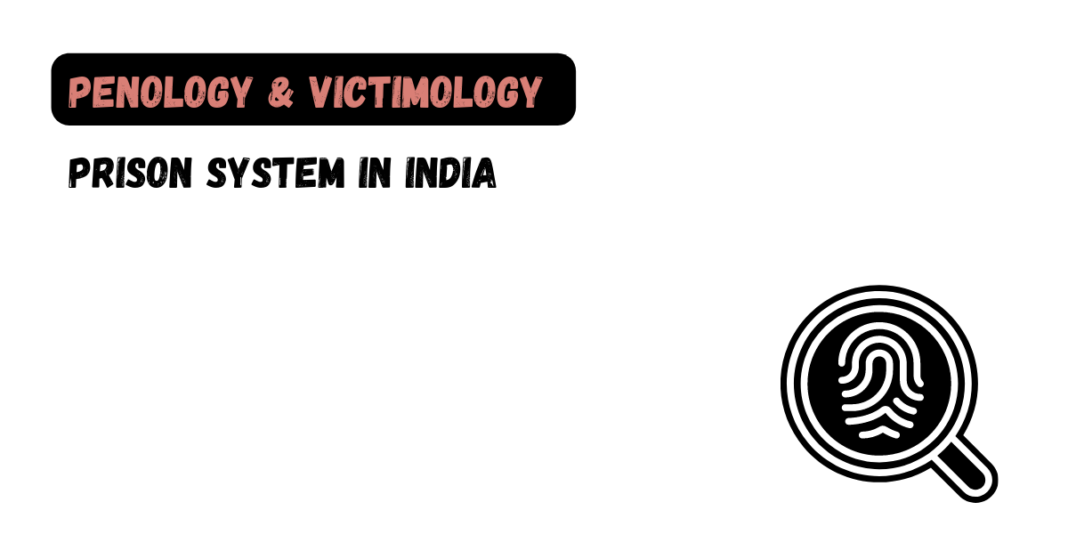The prison system in India is an integral part of the criminal justice system, responsible for the custody, care, and rehabilitation of individuals who have been convicted of crimes or are awaiting trial. The system is governed by various laws and regulations, and it operates at the state level, with each state having its own prison administration.
Overview of the Prison System in India
Correctional Facilities
- Prisons in India are the primary correctional facilities where individuals convicted of crimes are incarcerated. These facilities are designed to house inmates securely while providing for their basic needs and safety.
Classification of Prisons
- Prisons in India are classified based on the type of inmates they house and their security levels. Categories include central prisons, district prisons, sub-jails, open prisons, and special prisons for specific types of offenders.
Legal Framework
- The prison system in India operates under the Prison Act of 1894 and the Prison Rules of 1896. However, various states have their own prison laws and rules as well.
Purpose and Goals
- The primary purpose of the prison system is to protect society by segregating convicted offenders from the general population.
- Additionally, the system aims to rehabilitate inmates through education, vocational training, and counseling, preparing them for successful reintegration into society after their release.
Overcrowding and Conditions
- Overcrowding is a significant challenge in many Indian prisons, leading to issues with sanitation, health, and safety. Efforts are being made to address this issue and improve prison conditions.
Prison Staff
- The prison staff includes prison officers, wardens, medical personnel, and support staff responsible for the day-to-day operations and security of the facilities.
Prisoner Welfare
- Inmates have certain rights and entitlements, including access to medical care, legal aid, and educational opportunities while serving their sentences.
Parole and Furlough
- The prison system may grant parole or furlough to eligible inmates as a temporary release from custody for various reasons, such as family emergencies or good behavior.
Prison Reforms
- There have been ongoing discussions about prison reforms in India, focusing on issues like prison overcrowding, inmate welfare, vocational training, and rehabilitation programs.
Role of Non-Governmental Organizations (NGOs)
- NGOs play a crucial role in supporting prisoner welfare and rehabilitation initiatives, providing counseling, education, and vocational training to inmates.





